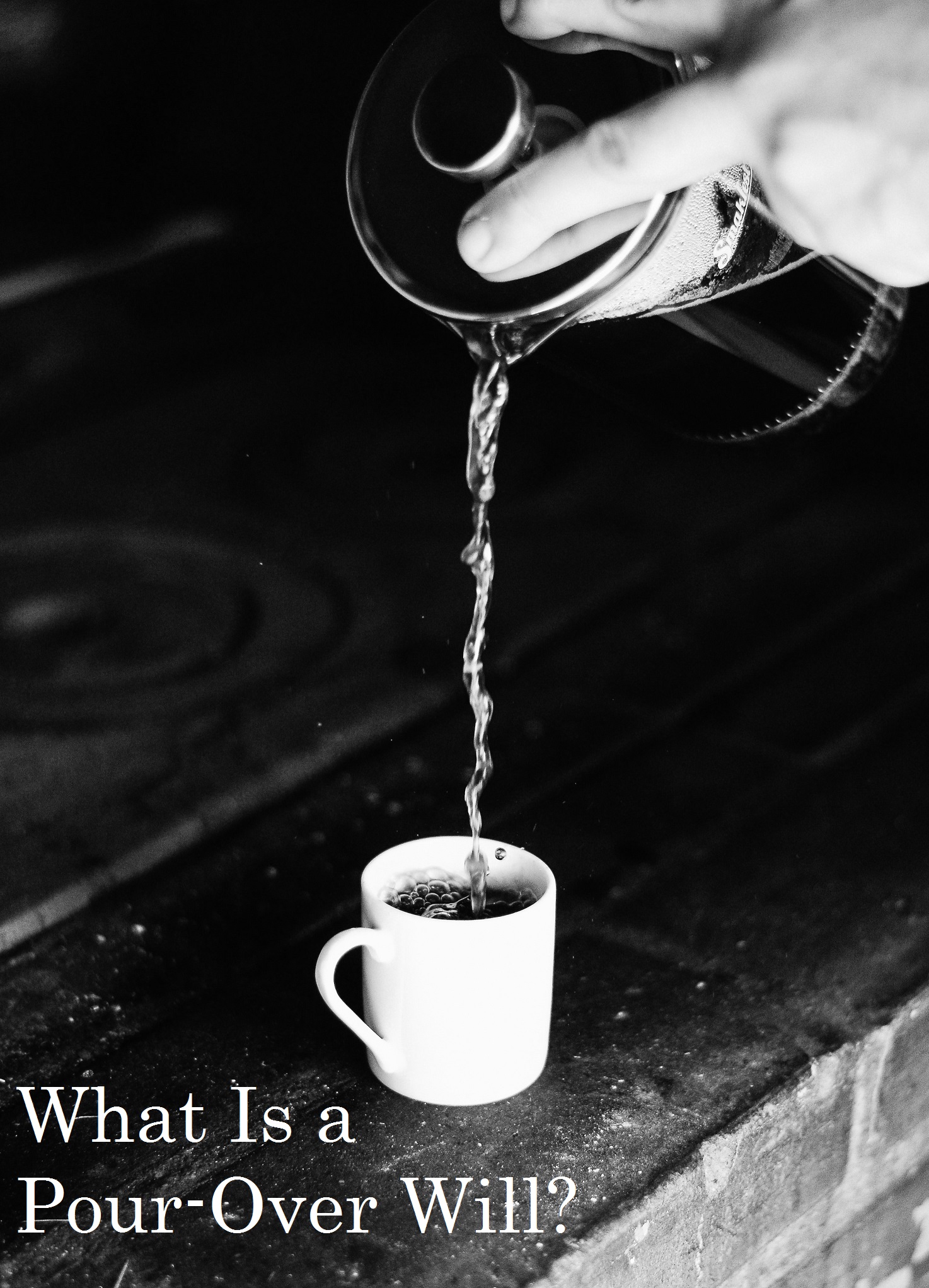Legacy Design Strategies
Omaha, NE, Minot, ND and Iowa Fall, IA Estate Planning and Elder Law Firm
Estate Planning and Elder Law Blog

If the goal of estate planning is to avoid probate, it seems counterintuitive that one would sign a will, but the pour-over will is an essential part of some estate plans, reports the Times Herald-Record’s article “Pour-over will a safety net for a living trust.”
If a person dies with assets in their name alone, those assets go through probate. The pour-over will names the trust as the beneficiary of probate assets, so the trust controls who receives the inheritance. The pour-over will works as a backup plan to the trust, and it also revokes past wills and codicils.
Living trusts became more widely used after a 1991 AARP study concluded that families should be using trusts rather than wills, and that wills were obsolete. Trusts were suddenly not just for the wealthy. Middle class people started using trusts rather than wills, to save time and money and avoid estate battles among family members. Trusts also served to keep financial and personal affairs private. Wills that are probated are public documents that anyone can review.
Even a simple probate lasts about a year, before beneficiaries receive inheritances. A trust can be settled in months. Regarding the cost of probate, it is estimated that between 2—4% of the cost of settling an estate can be saved by using a trust instead of a will.
When a will is probated, family members receive a notice, which allows them to contest the will. When assets are in a trust, there is no notification. This avoids delay, costs and the aggravation of a will contest.
Wills are not a bad thing, and they do serve a purpose. However, this specific legal document comes with certain legal requirements.
The will was actually invented more than 500 years ago, by King Henry VIII of England. Many people still think that wills are the best estate planning document, but they may be unaware of the government oversight and potential complications when a will is probated.
There are other ways to avoid probate on death. First, when a beneficiary is added to assets like bank accounts, IRAs, life insurance policies, or stock funds, those assets transfer directly to the beneficiary upon the death of the owner. Second, when an asset is owned JTWROS, or as “joint tenants with the right of survivorship,” the ownership interest transfers to the surviving owners.
Speak with an experienced estate planning attorney to talk about how probate may impact your heirs and see if they believe the use of a trust and a pour-over will would make the most sense for your family.
Reference: Times Herald-Record (Sep. 13, 2019) “Pour-over will a safety net for a living trust.”

Get Started Today
Book your Free Estate Planning Consultation Now
Stay Up-To Date
Subscribe to Our eNewsletter
9859 South 168th Avenue,
Omaha, NE 68136
7 Third Street SE, Suite 202,
Minot, ND 58701
320 North Oak Street, PO Box 295,
Iowa Falls, IA 50126
